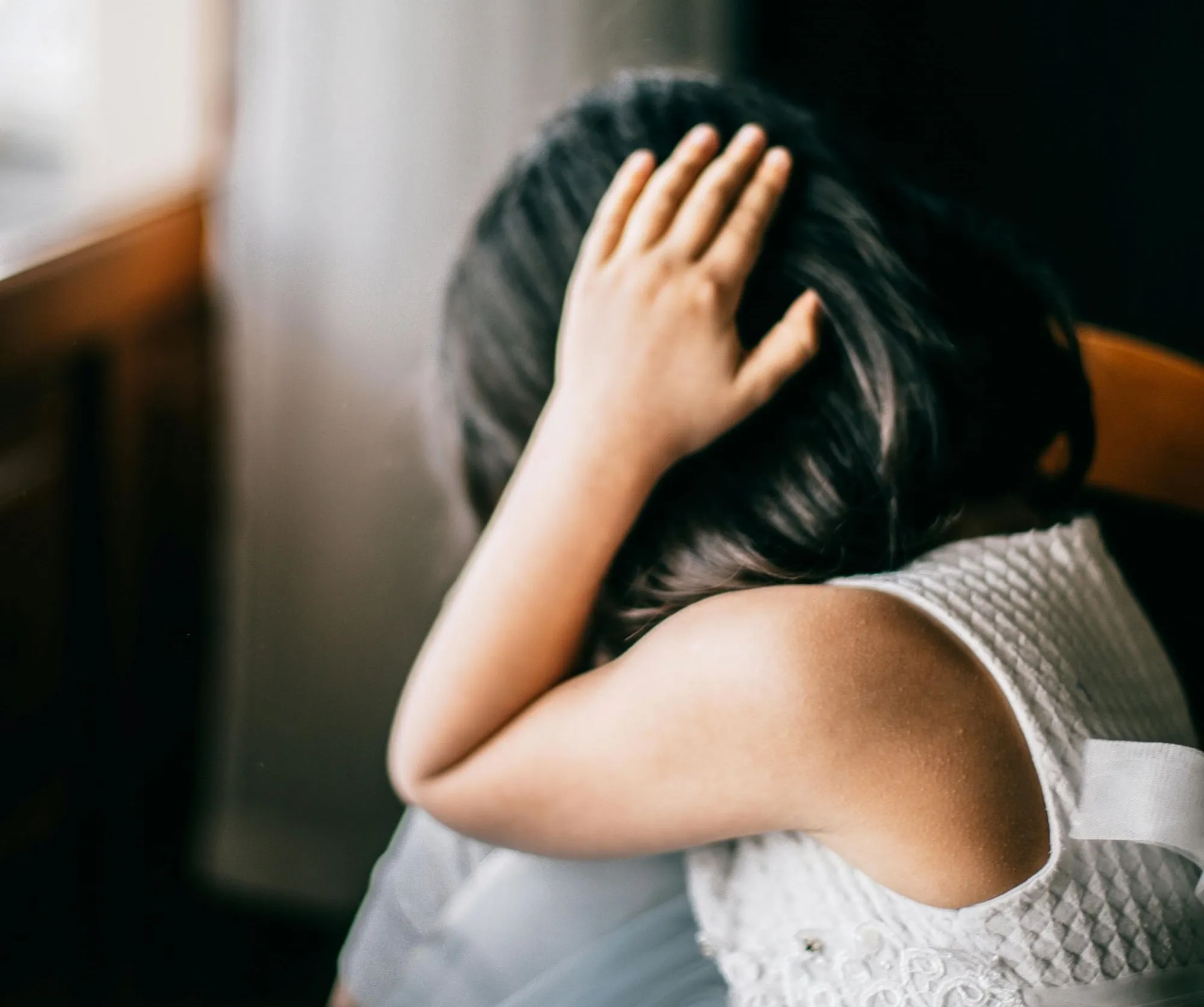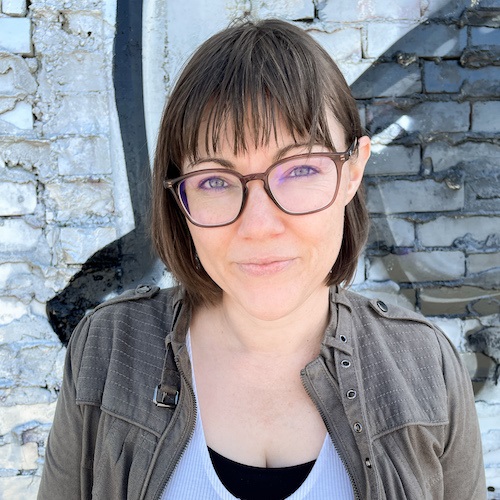
My child is anxious – do they need professional help?
If your child’s anxiety is interfering with their schooling, social life, participation in sports or hobbies, or even ability to leave the house, it’s time to seek professional help.
As a first step…
Talk to your child’s teacher, school counsellor, sports coach or and any other significant adult in their life to get the full picture of their anxiety. After that, ask your GP for a referral to see a child psychologist/therapist. It’s important to start this process as early as possible, as an ongoing heightened state of anxiety can negatively affect aspects of your child’s brain function.
What if my child doesn’t want to see a therapist?
Take a positive, matter-of-fact approach: explain to your child that seeing a therapist for anxiety is no different to seeing the doctor for a stomach-ache.
Children starting therapy are often relieved to know that their problem is common and that there are practical things they can do to overcome it. Alternatively, therapists report that what’s often upsetting to children is seeing their parent/s distressed or worried on their behalf.
So, the best way to support your child is to demonstrate your confidence in their ability to get better.
What will the therapist do for my child?
That’s a question you’re best to ask the specific therapist you reach out to.
However, the most common approach to treating anxiety in New Zealand (for both adults and children) is Cognitive Behavioural Therapy (CBT).
CBT is a practical approach to challenging the worrying thoughts and behaviours that lead to a heightened state of anxiety. It also helps children cope with the physical symptoms of anxiety such as a racing heart, feeling hot and sweaty, and shaky legs, so that they are reassured nothing is physically wrong with them.
CBT also address anxious behaviours such as avoiding the activity or situation that frightens a person. Therapists will empower children to gradually expose themselves to their fears, until they no longer need to avoid them altogether.
How do I decide which therapist is right for my child?
Therapy is not a “one size fits all” situation, and not all therapists will be right for your child. Ultimately, building a good rapport is the basis for successful treatment – your child needs to be able to trust their therapist with their deepest fears and concerns. But give it time. If your child doesn’t connect with a therapist on the first session, try one or two more before deciding to approach another therapist.
How long before my child feels better?
Many people report feeling less anxious after only a few sessions. Typically, courses of therapy last for 12 to 20 weeks on one-hour sessions.
But remember, there is no ‘cure’ for anxiety as such – the aim is to provide your child with tools and strategies to help their deal with any anxious feelings that arise.
To learn more
You might find the resources below useful, which includes books from the IHC Library as well as helpful websites and helpline numbers. You can also contact the IHC library directly to have a chat about what you need on 0800 442 442 or email Librarian@ihc.org.nz
Helplines:
- Anxiety New Zealand: 0800 269 4389 (0800 ANXIETY)
- 1737: Free call or text 1737 to talk to a trained counsellor
- Depression.org.nz: 0800 111 757 or text 4202
- Kidsline (for people up to 18 years): 0800 543 754
- Whats Up (for 5 to 18-year-olds): 0800 942 8787
- thelowdown.co.nz , Web chat, email chat or free text 5626
- Youthline: 0800 376 633, free text 234, email talk@youthline.co.nz
- Lifeline: 0800 543 354
- Samaritans: 0800 726 666
- Suicide Crisis helpline: 0508 828 865 (0508 TAUTOKO)
Helpful materials
For parents to read about/with children living with anxiety




